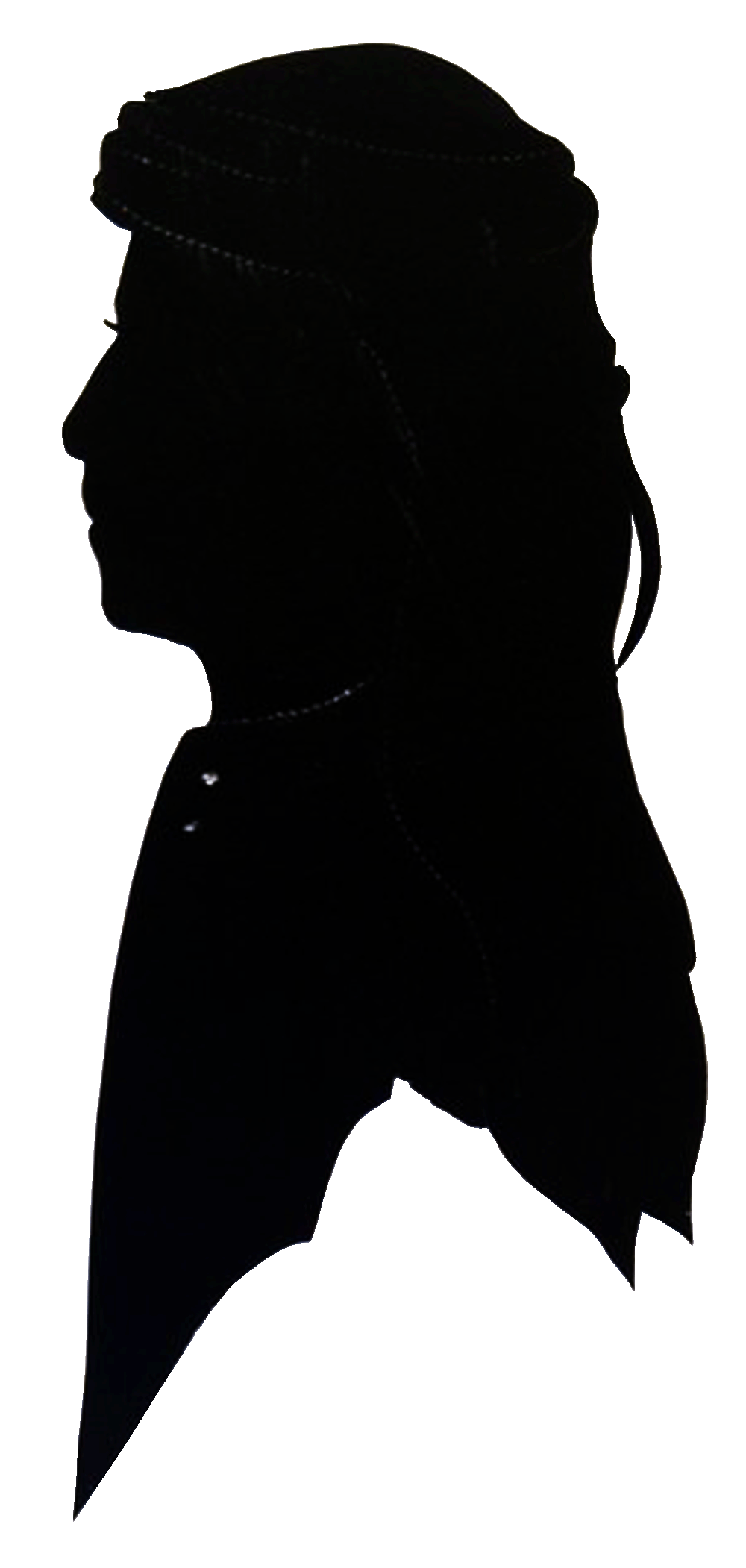Coronavirus: CCTV cameras to monitor people’s temperature, social distancing in Dubai
- Khalid Alrazooqi

- Jun 6, 2020
- 2 min read
Dubai: Security cameras in Dubai will be used to detect people’s temperature on the streets and alert police about violations in social distancing in public places to help prevent the spread of coronavirus, a Dubai Police official has said.
Brigadier Khalid Nasser Al Razooqi, Director General of the Artificial Intelligence Department at Dubai Police, said the force are using artificial intelligence to combat COVID-19 by employing CCTV cameras to record the temperatures of people walking on the streets, in public places or at shopping centres. At the moment this is in a test phase with the view to becoming reality soon.
“Dubai Police use AI through the ‘Oyoon’ (which means ‘eye’ in Arabic) project to monitor people’s temperatures during the outbreak,” Brigaider Al Razooqi said in a virtual conference held by Dubai Police on Sunday night. “The project was initially used to detect wanted people through facial recognition and behavioural analysis, but because of the spread of the virus, we updated the camera’s system to monitor temperature as well,” he said.
Brigadier Al Razooqi said the cameras will also be able to detect the distance between people inside shopping centres and public places and issue alerts if they are standing too close to one another.
“We are working to use the cameras to analyse the distance between people as AI can detect if people come closer than they should to each other (less than two metres), and the system can generate an alarm to the command room,” he said.
Experts in the session said AI is a tool, not a solution to curb COVID-19.
Dr Peter Clevsting, technical expert at the Gulf Cooperation Council Regional Secretariat for the EU CBRN (chemical, biological, radiological and nuclear) Risk Mitigation Centre of Excellence Initiative in Abu Dhabi, said that AI can also be used to trace where people had got the virus from and who they had been in contact with in the weeks leading up to transmission.
“The health sector is very open to innovation, new technologies and development. AI is not a solution for everything; it’s a tool that we can use. AI will also be able to predict which patient is more severely affected by a disease than others,” Dr Clevsting said.
Meanwhile, Adel Shakeri, Director of Planning and Business Development at the Roads and Transport Authority, suggested ways authorities could work together to trace the virus’s spread by monitoring public transport GPS or nol card usage.




CCTV's are everywhere and it has added great security both at public as well as private places. Earlier locksmith experts are only dealing in door locks but nowadays they are also dealing in CCTV and security alarms.
Wow such amazing technology, you and your team are to be congratulated Brigidier Khalid.